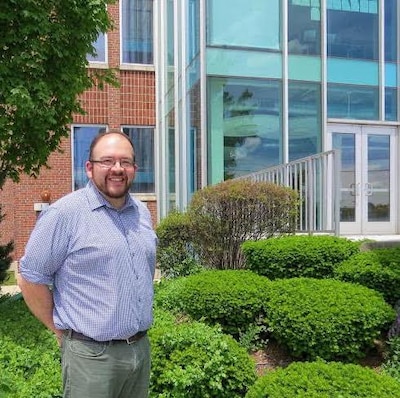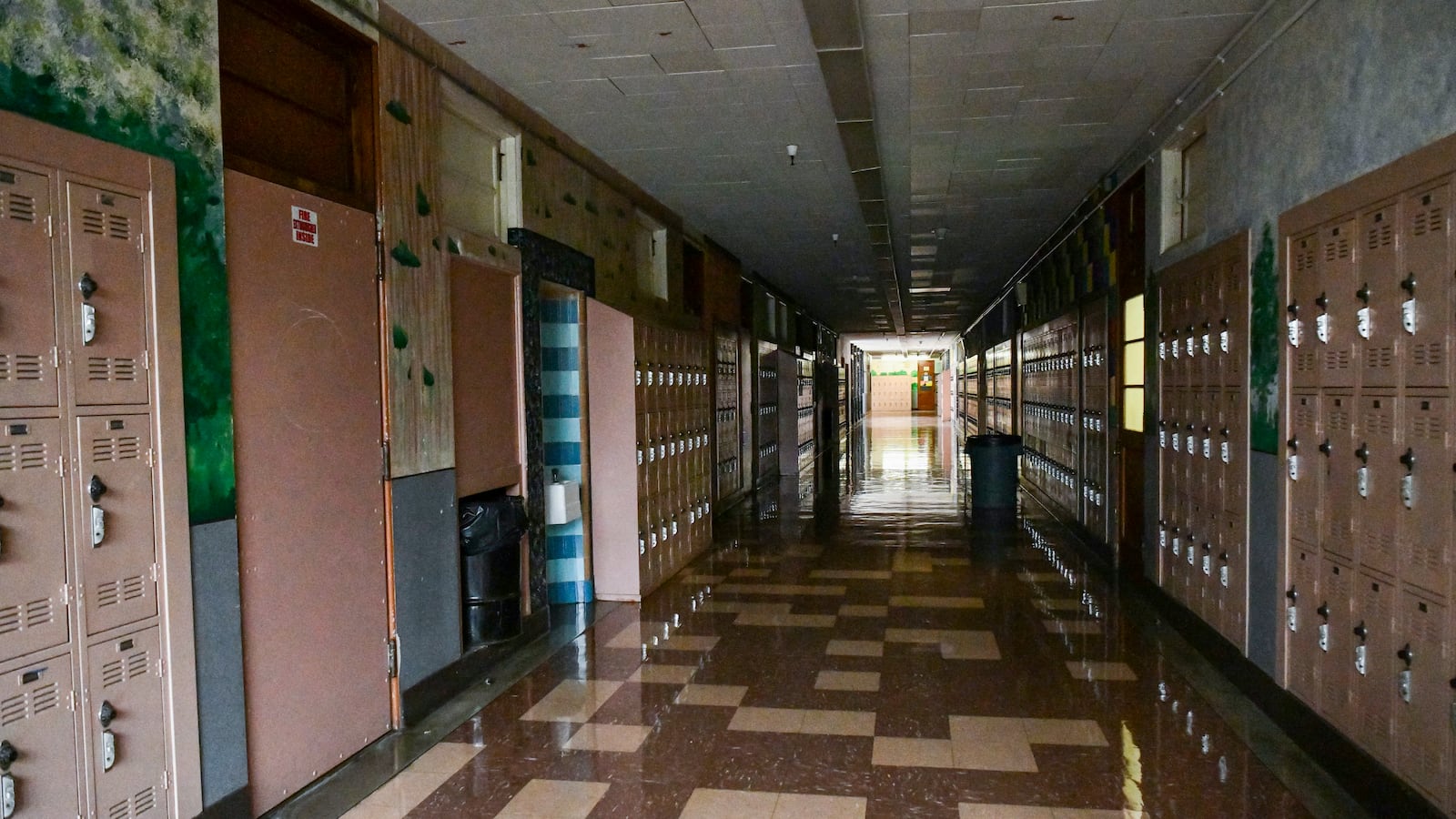Being in a silent school hallway is not unlike finding yourself within a horror movie.
The hallway should be full of boisterous conversation, laughter, and the bustle of our school community. But when I returned to my Chicago high school in late spring to clean up my classroom, the absence of students, and the knowledge that those hallways had sat empty for months, was unnerving. When I shared that sentiment with colleagues, one fellow teacher broke down in tears.

The struggles of remote learning — notably, the inequitable distribution of technology, and low student participation for a multitude of reasons — only added to our uncertainty. We’ve been left to wonder about our students: Are they healthy? Are they safe? In normal times, a conversation in the hallway or a quick classroom check-in would bring me up to speed. During remote learning, the lack of in-person interaction often turned the social and emotional aspects of education into guesswork.
I also know that, for some students, the only advocates in their lives beside their parents are their teachers. As the pandemic disproportionately ravages America’s poorest communities, and the systemic racism in our society is laid painfully bare, I’ve seen my students struggling to grapple with the stress. In these moments, I am not only their teacher but their counselor and confidant.
It’s a lot. And as much as I am honored by my students’ trust, responding to student trauma on top of our own daily stressors can produce a kind of secondary trauma in teachers. For this upcoming school year to be successful, schools are going to need to acknowledge that and help teachers work through it in ways they never have before.
I have known educators in the past who have suffered quietly as they faced their own mental health challenges, costing their students a vibrant and caring atmosphere. We cannot allow this kind of silent suffering to continue. If we are unable to fully take care of our own mental health, how can we possibly be the advocates our students need?
I see a few ways Chicago Public Schools could make a real difference here. One way is to use the $18 million saved from shrinking its contract with the Chicago Police Department to increase the number of social workers, boost support for social-emotional learning, and add mental health services for students and teachers.
Another option would be to expand the school district’s Office of Social and Emotional Learning to include, explicitly, the responsibility for teachers’ social and emotional health. While it currently helps educators create effective curriculum materials, teacher mental health remains separate. In addition, the Employee Assistance Program, which offers in-person and virtual counseling, loans, and financial planning for the district’s workforce, could grow to include resources geared explicitly toward anti-racism, conflict de-escalation, and restorative justice.
When we all do finally return to our classrooms, educators — with the support of their school leaders — must move from trauma-informed to healing-centered education. Trauma-informed education implies a deficit, and runs the risk of reducing a person to their traumatic experiences. Healing-centered education focuses on the assets we all bring to the classroom and any post-traumatic growth that has taken place. For example, if a struggling student has an outburst, healing-centered education means acknowledging past trauma as a cause, but also the work that student has since done and the unique perspective they offer.
Over time, I hope our school communities will heal, not go back to the way they were but grow into new and better forms. Trauma forces change. It is up to all of us, students, teachers, and administrators, to plant the seeds for a more caring, equitable, and supportive education system, one that takes seriously the mental health of students and educators alike.
Bryan Meeker is an instructor at Acero’s Major Hector P. Garcia High School, where he teaches biology. He is a member of the Chicago Teachers Union, Mikva Challenge, Educators for Excellence, and the Acero Anti-Racism Committee.



